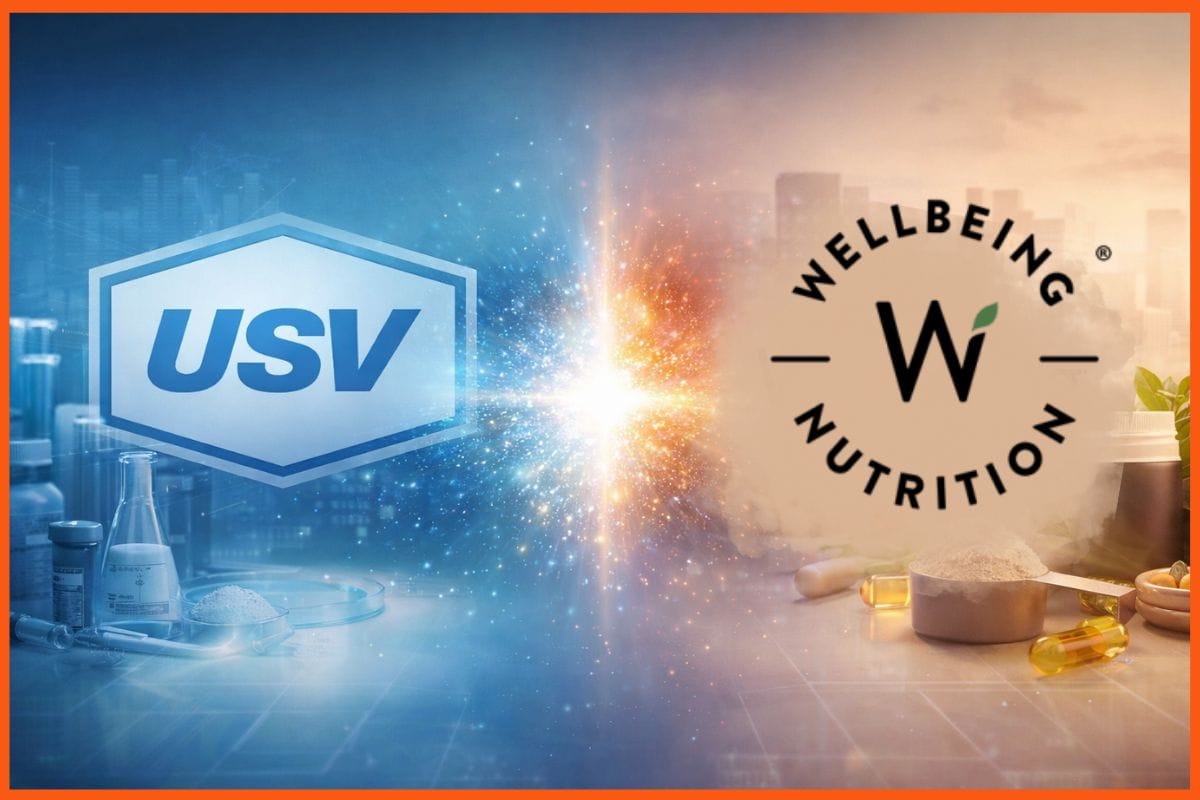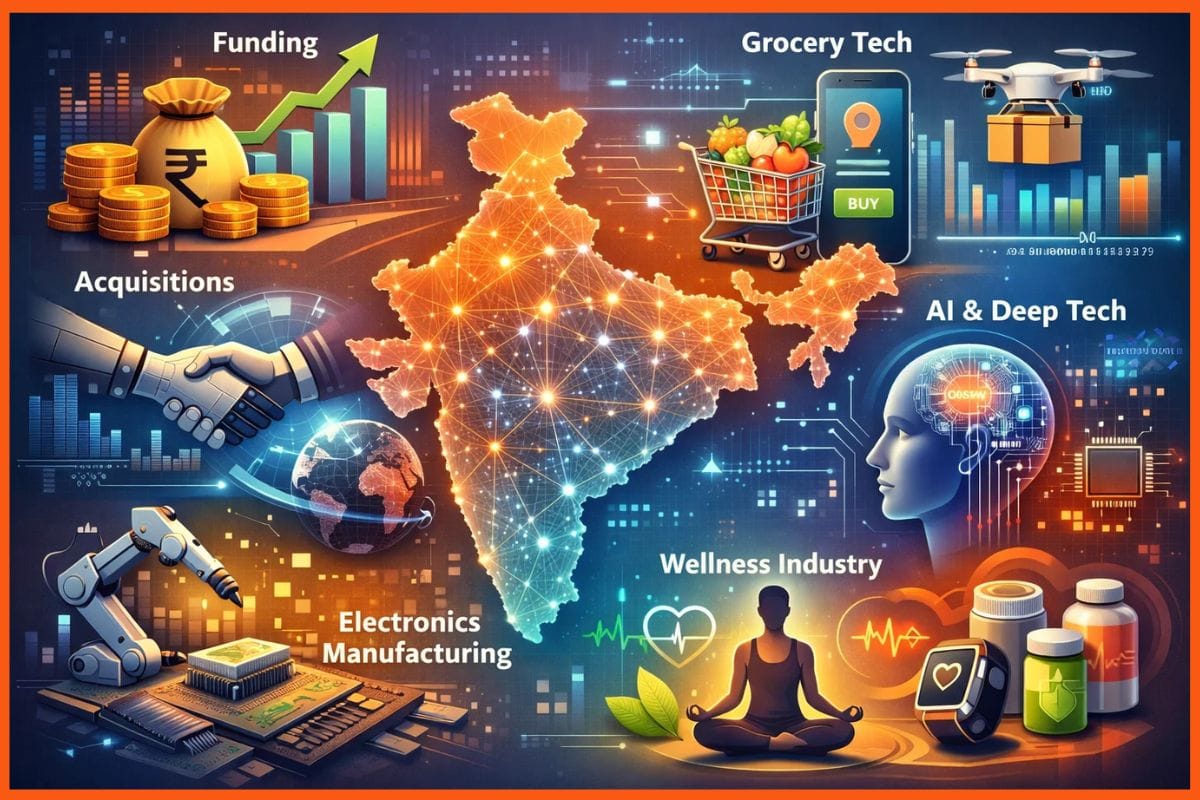Businesses' Taxes on Used, Outdated EV Vehicles are Increased by the GST Council

On December 21, Finance Minister (FM) Nirmala Sitharaman made it clear that the 5% goods and services tax (GST) rate will remain applied to new electric cars (EVs). However, the FM also stated that used EV sales between private parties will continue to be GST-exempt. FM While speaking to the media after the 55th GST Council meeting in Jaisalmer, Rajasthan, Sitharaman made the remarks. She also mentioned that outdated EVs that are purchased by businesses (or modified by sellers) and subsequently sold will be subject to an 18% tax. The difference between the purchase and sale prices will be subject to the GST rate. At the moment, new EVs are subject to a 5% GST tax, while used and aged EVs are subject to a 12% tax.
The market for old cars has expanded dramatically in recent years. In 2023–2024, the industry is expected to have sold more than 5 million units. Better financing alternatives and the emergence of certified pre-owned programs from OEMs such as Maruti Suzuki's True Value, Mahindra & Mahindra's First Choice, and Volkswagen certified pre-owned, as well as online startups like Spinny and Cars24, helped propel this market's growth.
Decision Taken After a Discussion Among Council Members
The decision to impose 18% GST on used EVs was not decided arbitrarily, FM Sitharaman told the media, adding that the GST Council members had extensive deliberations before reaching a final decision. However, stating that more research was necessary, the Council postponed making a decision on the tax rates for food delivery services like Swiggy and Zomato. Foodtech giants seem to have been negatively impacted by the delay, as recent reports suggested that the Fitment Panel was considering reducing the tax levy on food delivery charges from 18% to 5%. Whether the tax should be applied to the meal item or the delivery service, and whether the rate should be 5% or 18%, were the main topics of discussion within the GST Council, according to reports. Nevertheless, no agreement was made, which resulted in the postponement.
Clarity on Payment Aggregators
The GST Council clarified payment aggregators as well, declaring that aggregator-processed transactions under INR 2,000 would not be subject to GST. Fintech businesses and payment gateways that don't settle money, however, won't be covered by the exemption. Notably, this comes after rumours circulated that the Council was considering charging payment aggregators 18% to facilitate low-value online transactions. According to the aforementioned plan, aggregators would have been charged 18% GST for handling debit and credit card transactions up to INR 2,000. In order to await feedback from the Insurance Regulatory and Development Authority of India (IRDAI), the Council also postponed discussions on health insurance changes.

Must have tools for startups - Recommended by StartupTalky
- Convert Visitors into Leads- SeizeLead
- Website Builder SquareSpace
- Run your business Smoothly Systeme.io
- Stock Images Shutterstock







